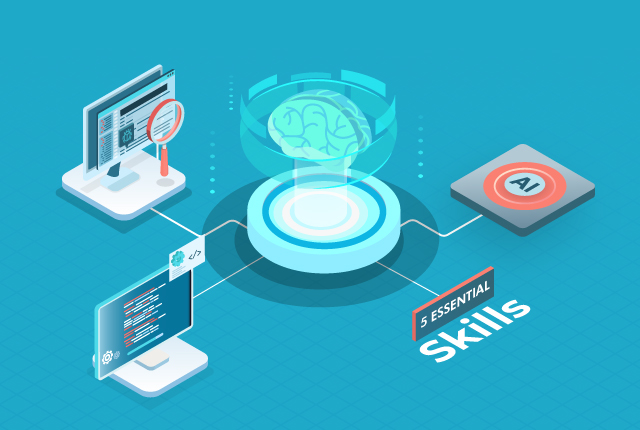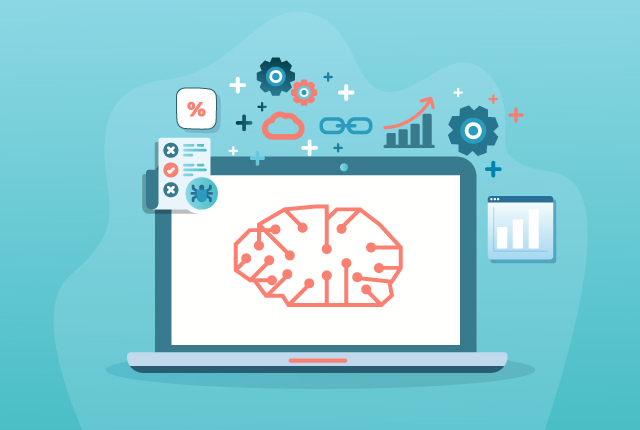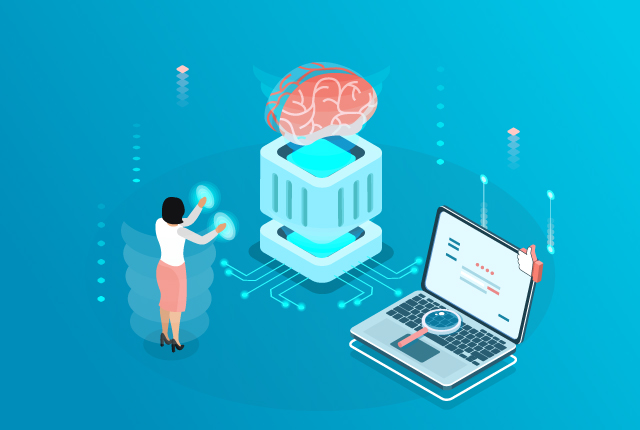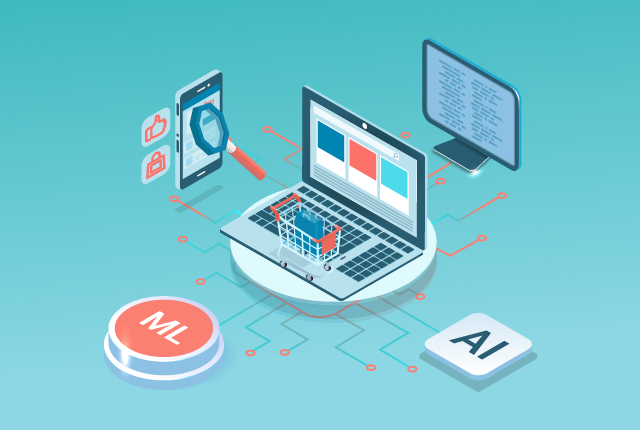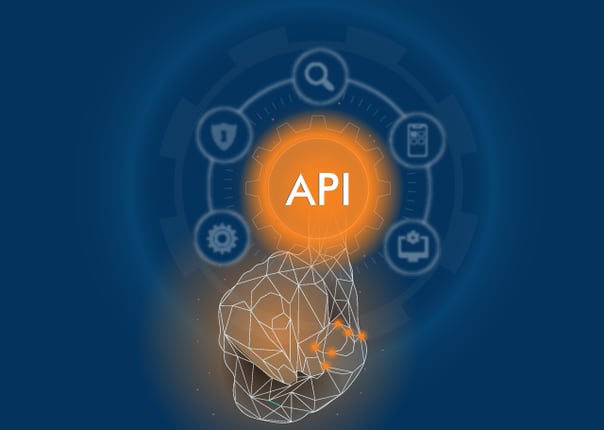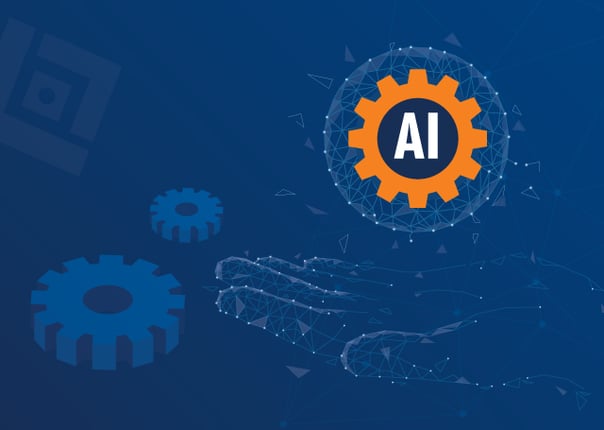Analysts predict AI's market size in software testing will reach an impressive $4 billion by 2024. But the impact of all this AI is tied to the precision and robustness of the underlying models.
QASource Blog
In our blog, we take a deep dive into the latest QA strategies, methodologies, and industry best practices driving the world of quality assurance. Follow our blog to get new ideas as to how to effectively deliver high-quality, bug-free software products, websites, and applications, while keeping costs low.

AI in mobile testing is booming, pushing developers to stay competitive and enhancing regression testing, script, data, performance, usability, and visual testing.
Tech debt from trade-offs during software development can result in substantial costs for your business. A survey conducted across 200 tech companies disclosed that an average of 25-40% of a developer's time is spent addressing tech debt. And 79% of tech leaders cited tech debt as a significant hurdle in achieving their business objectives, signifying the gravity of this issue. But AI is a game-changer when it comes to reducing it.
Testing remains a cornerstone for delivering impeccable products in the dynamic world of software development. With AI's emergence in this domain, there's a buzz about its capabilities. But the question remains: Can AI-driven testing truly match the discernment of a seasoned software tester? Let's dive deeper.
AI and ML are transforming the way that retailers do business, and their use in retail app testing can help organizations improve their accuracy, efficiency, and customer experience. In this blog post, we will explore the benefits of AI and ML in retail testing, the different types of AI and ML used in this context, the challenges of implementing these technologies, and best practices for successful implementation. We will also discuss the role of QASource, a software testing and quality assurance provider, in using advanced technologies to ensure that retail apps are functioning optimally.
In recent years, conventional SaaS models have evolved into sophisticated service-oriented platforms geared toward enhancing business efficiencies and capabilities between the company and its suppliers, clients, and business partners. Artificial intelligence has become an integral part of SaaS 2.0, as AI-based SaaS integrations allow businesses to cater to their customers’ needs in DTC, B2C, and B2B markets.
Modern consumers have everything they need right at their fingertips to interact with organizations. They can research, and purchase software products online, and also share their opinions of the product and overall consumer experience in minutes.
Application programming interface (API) integration testing is necessary when building any software or mobile application. If your software does not match and supersede the efficiency and quality of other products in the market, it will fail. Let’s understand the basics of API integration.
Artificial intelligence or AI is one of the trends that is highly in-demand in the quality assurance industry. By implementing AI in the test automation framework, QA engineers can expect faster release cycles and businesses can provide good customer experience.
Written by QA Experts
QASource Blog, for executives and engineers, shares QA strategies, methodologies, and new ideas to inform and help effectively deliver quality products, websites and applications.
Categories
Authors
Our bloggers are the test management experts at QASource. They are executives, QA managers, team leads, and testing practitioners. Their combined experience exceeds 100 years and they know how to optimize QA efforts in a variety of industries, domains, tools, and technologies.
